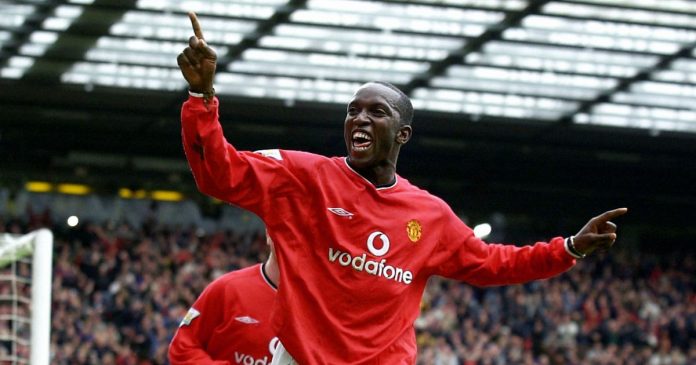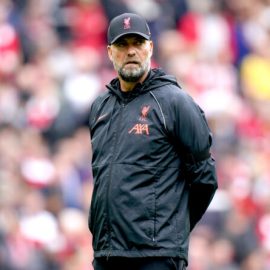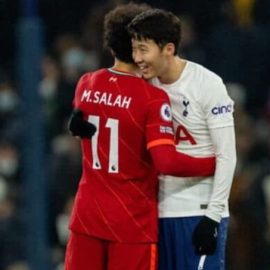‘Tepid’, ‘stale’, ‘ugly’, ‘dreary’ and ‘utterly devoid of anything approaching creativity, inspiration or incident’ – just a refined selection of what the country’s leading back-page quota-fillers are calling last night’s 156th (142nd in the league) Manchester derby.
There are precious few scintillas of optimism to be found in today’s press, and perhaps rightly so, as both sides of the Manchester divide laboured and contained in equal measure whilst singularly failing to pick those crucial holes in each other’s compact defensive units – it’s fair to say that it wasn’t really one for the attacking purists.
It was truly a case of the irresistible force meeting the immovable object, only massively less dramatic. As we see on an increasingly regular basis in the modern game, ‘deflating stalemate’ often rides on the coat-tails of ‘unabashed hype’.
By fielding his now-customary three-man defensive midfield, Manchester City manager Roberto Mancini looked outwardly to be pursuing the catenaccio route of his forefathers, with the onus being firmly focused on ‘not losing’ rather than going for broke – tactics that United ‘keeper Edwin van der Sar has today branded as decidedly ‘negative’.
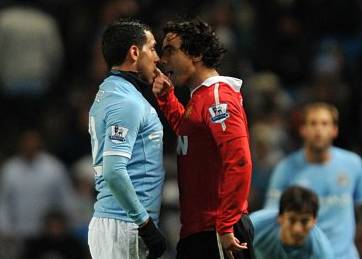
That said, ‘very exciting’ were apparently Mancini’s first ever-so-slightly quixotic words as he entered the conference suite at Eastlands to deliver his post-game sermon, as the Italian was pressed into defending his dour tactics:
“It’s a good point and it’s not important for me if we get criticised. We are getting closer to United, we just need more time.
We are improving. I prefer one point to zero points, which was the case last season.
When you play in a derby it is a difficult game. We did not have many chances to score but it was a good point.
We tried to win but they defended very well. We play to win but when you do not have many chances it is difficult.”
Mancini argued that his players were simply suffering from fatigue rather than a lack of ambition:
“When you play every three days the players can get tired. It’s not easy playing every three days and then having a game like that.
It was a very difficult game because they defended very well. I wanted to win but it is much better to draw than it is to lose.”
You can hardly fault that logic.
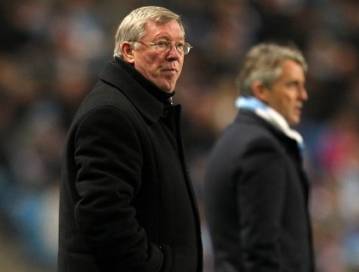
Mancini’s red-hued counterpart Sir Alex Ferguson seemed altogether less enamoured with the night’s proceedings, praising City’s resolute defending but also admitting that the pre-game tension may have rendered any kind of ‘spectacle’ untenable:
“In the build-up to the game there was maybe too much tension for it to be as open a match as many people thought it was going to be. City are difficult to beat on their own ground.
That was obvious from the way they set their stall out in the second half for us to try to break them down. They are very powerful and experienced that way.”
Ferguson also admitted that he was disappointed by his toiling side’s lack of creativity:
“We controlled the game and some of our football was very good.
We had good composure on the ball but we needed to make chances and, in that sense, we had only two openings, one in the first half and one in the second half, so that’s disappointing.
It’s a decent result. Chelsea came here and lost and if City had not had a man sent off early on against Arsenal the result [a 3-0 home defeat] could have been different.
But we don’t count draws coming away from home as our target. Our target is to win the game and I think we had enough possession to do that, but to create that opening to win the match was just beyond us.”
The contrast between the two manager’s summaries is telling, with Mancini’s pervading satisfaction at having come out of the game with a solitary point serving to highlight the fact that City haven’t breached the cusp of serious ‘win-at-all-costs’ title ambitions quite yet.
Add Sportslens to your Google News Feed!
